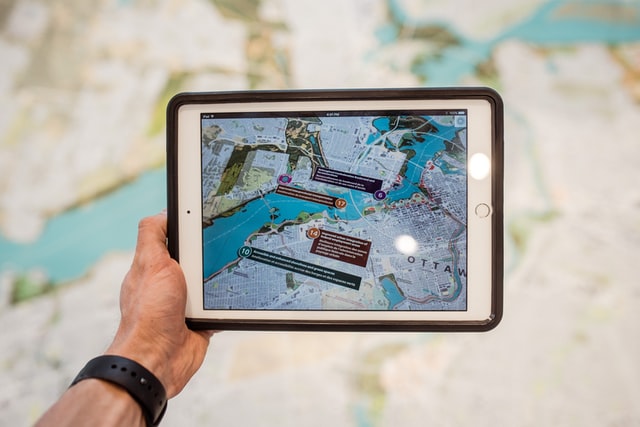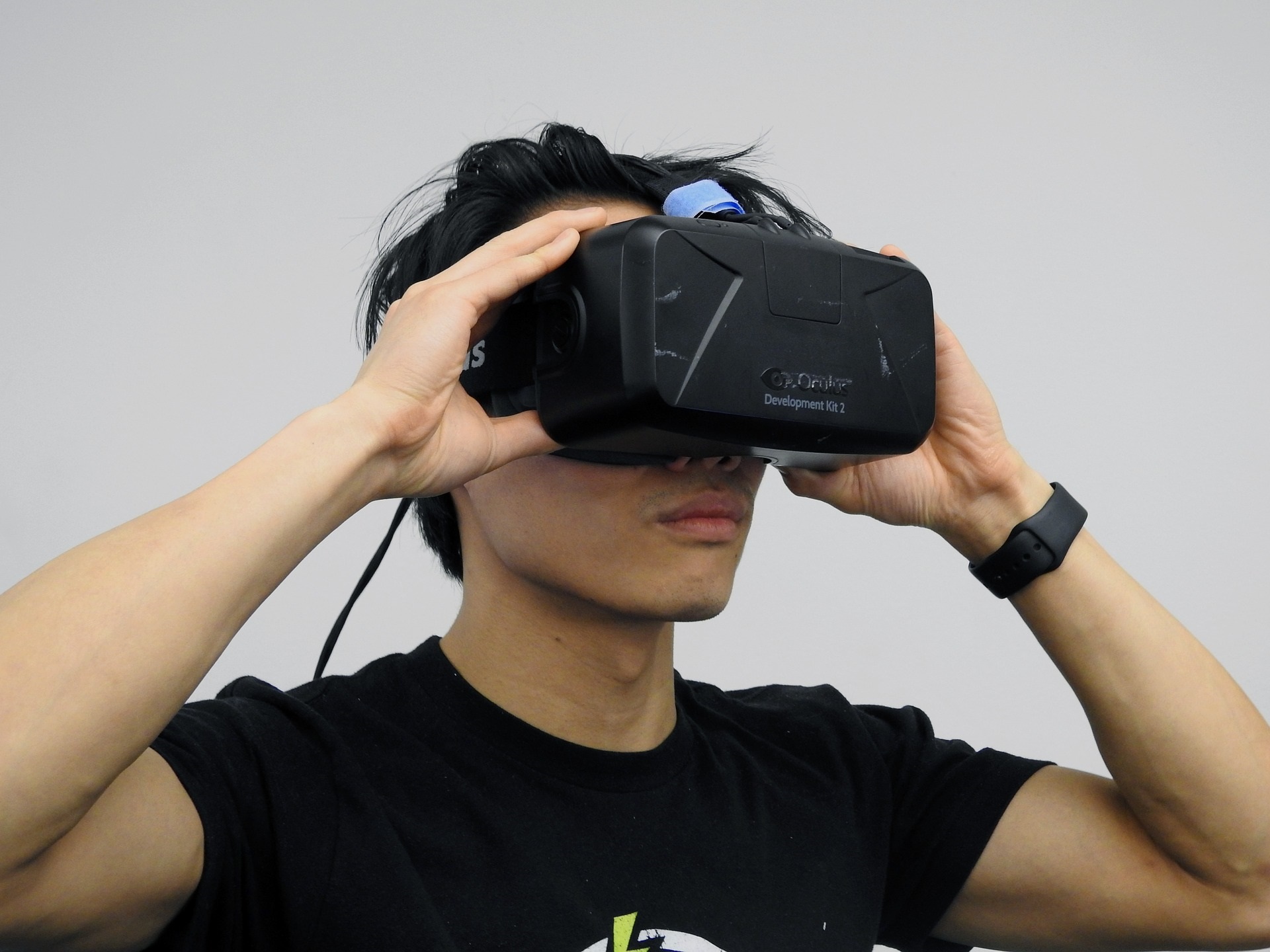Augmented Reality (AR) is the use of environmental and virtual functions to complete a task or specific action. AR mobile app development has been progressing since its initial public release. However, that progression is significantly lower than Virtual Reality (VR) due to the obstacles AR developers face.
The top 6 obstacles include:
- Potential Privacy Infringement
- Limited Content
- Developmental Issues
- Lack of Public Knowledge
- Difficulties with Software Compatibility
- Disruptive or Glitchy Features
Potential Privacy Infringement
Due to the combination of virtual and environmental elements, AR apps almost always require the use of a phone’s GPS. Many people argue that this is an infringement on users’ privacy. In places like Europe, there are stricter laws on privacy than there are in the United States, for example. This makes it challenging for AR app developers to create apps that are easily accessible without breaking those laws or infringing on the privacy of the people who use those apps.
Limited Content
The amount of content AR apps have is significantly limited to what devices can do, as well as how the virtual and environmental elements interact with each other. This leads to a restriction on the kinds of content AR developers can make. It’s one of the main obstacles they face, and even more so when the demand for new technology is taken into account.
Developmental Issues
Among different devices, there are varying components AR developers must consider. GPS usage is connected to a device’s compass and it, along with the accelerometer, contains weaknesses when it comes to any interference with electronics. The developers must try to anticipate any issues in the development process that could affect user experiences.
Lack of Public Knowledge
Stopping any person who has a smartphone on the street, could probably explain what VR is. However, they may not know what AR is. This lack of public knowledge impacts the number of people that will download an AR mobile app. Most won’t since they aren’t sure what AR functions do for them. Similarly, it can stunt development options for AR developers, thus putting those apps behind in terms of technological evolution.
Difficulties with Software Capabilities
The process of adding AR capabilities to a mobile app requires developers to make a new kit for the app. Being able to integrate seamlessly with various current phone models is what the kits help developers do. Additionally, these apps need a specific kind of element—an AR browser. Without it, the apps won’t function properly, but more difficulties arise when the browsers aren’t correctly developed.
Disruptive or Glitchy Features
One of the most common issues users come across in an app that makes them want to uninstall it is when the features don’t work correctly. The implementation of AR increases that chance due to how complex it can be to adapt the app to that kind of functionality. Lagging is another specific issue users hate. With AR mobile apps, a phone’s camera is an integral part of that feature. If the camera and app don’t work together, it’s only a matter of time before the user will give up and delete the app.


